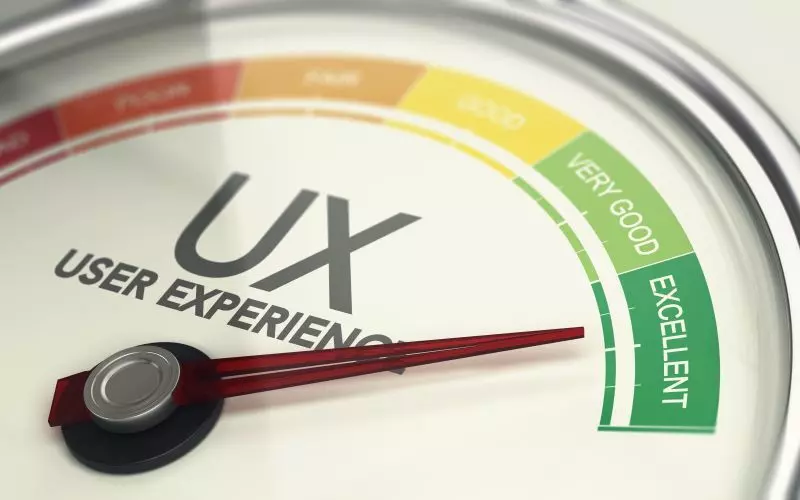Hi there! Are you developing an actor website?
1. Make it brandable
Brandable, meaning that when you hear or see the domain name, it sounds like a brand. Which means that hyphens and numbers are a real problem because they don't sound like a brand. They sound generic, or strange.
For example, if we wanted to create an actor website whose name is John Smith that houses lists of projects, media and resume on it,
John-Smith-Actor.com would be hard to brand, say, or remember.JohnSmith.com IS YOUR BRAND, but it is possible that it is already taken.
Smith.com or JSmith.com would be amazing because it has a scientific connotation to it, is very brandable, unique, memorable, and stands out.
2. Make it pronounceable
You might be thinking, why is it so important that it's pronounceable? Most people are going to be typing it or clicking a link. It matters because of "processing fluency". A cognitive bias that human beings have where we remember (and have more positive associations with) things that we can easily say and think about. That includes pronounceability in our own minds.
This is going to vary on the language and region that you're targeting.
So, for someone like myself, my name is Tomasz Jozef Mieczkowski. Neither of my names are pronouncable by average Americans. The first name is pronounceable: Toe-Mash with a flat "o", or perhaps Tom-Ashe with an accent over "o". TomAshe.com is much more brandable in this case. If I want my initial, TomAshem.com works here as well and I trick visitors into pronouncing my name correctly.
3. Make it short
Length matters because of the processing fluency that we talk about above.
The fewer characters a domain name has, the easier it is to type, say, share, and the less it gets shortened on social media sharing platforms and search results.
Shorter is better.
4. Bias towards .com
I know, it's 2025. Why are we still talking about .com? The internet's been around so many years. Why does .com matter so much when there are so many TLD extension options? The answer is, .com is the most recognized and most accessible TLD.
Cognitive fluency dictates that we should go with something easy, that people have an association with, and .com is still the primary TLD. If you want to build up a very brandable domain that can do well, you want a .com. Probably, eventually, if you are very successful, you're going to have to try and go capture it anyway, and so I would bias you to get it if you can.
5. Avoid trademark infringement
You have to be careful because it's not whether you think your domain name could be confused. It's whether you think a judge in a jurisdiction, where a company might take legal action against you, would consider your domain name confusable.
This can also create brand confusion, which is hard for your brandability.
Trademark owners can attempt to sue a domain name owner, who's owning the domain legitimately and using it for business purposes, and that sucks.
6. Make it intuitive
A good domain name gives people a strong idea of what a website will be about. Being able to look at a domain name and say, "Oh, it's probably a page with actor's resume" is a big win.


